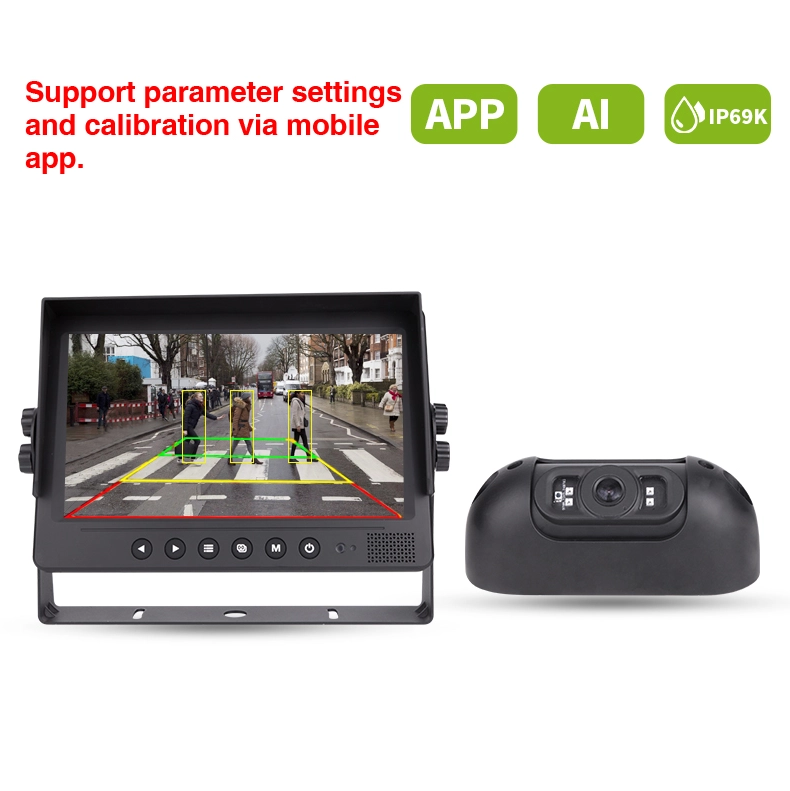In recent years, AI camera systems have become crucial in ensuring security across various industries, particularly in vehicles. These advanced systems not only provide real-time monitoring but also leverage artificial intelligence to detect pedestrians and vehicles. As one of the prominent AI security camera companies, Luview is making a significant contribution to the field, offering high-performing systems for vehicle applications.
How AI Camera Systems Work
AI camera systems function by utilizing deep learning algorithms to analyze video feeds, detect objects, and distinguish between pedestrians, vehicles, and obstacles in real-time. These systems can improve accuracy over traditional cameras by continuously learning from the environment. With cutting-edge technology, Luview integrates an AI algorithm that enhances vehicle and pedestrian detection, making driving safer by delivering timely audio-visual alerts. These cameras are designed to adapt to various vehicle types and provide ongoing compliance with safety standards, particularly in fleet operations.
Advantages of AI Cameras in Security Applications
The core advantage of AI camera systems lies in their ability to improve detection accuracy. Unlike standard security cameras, AI-based systems can identify and classify objects within their range. By distinguishing between moving pedestrians and background objects, these cameras reduce false alarms and improve reaction time. Compliance with R158/R159 regulations further guarantees that the systems meet stringent industry standards. As AI security camera companies continue to evolve, Luview’s commitment to adhering to these standards ensures their cameras are ready for regulated vehicle applications, offering better protection for fleets and private vehicles alike.
Luview’s Contribution to AI Camera Systems for Vehicles
As one of the recognized AI security camera companies, Luview offers a state-of-the-art solution with its R151/R159 compliant cameras. These cameras feature precise pedestrian and vehicle detection, critical for applications in Blind Spot and Monitoring On Lane Systems (BSLS & MOLS). The Luview AI system is also Wi-Fi-enabled, allowing for seamless camera settings and upgrades, making it adaptable for different vehicle models. Furthermore, with an IP69K protection rating, these cameras provide durability in extreme conditions, ensuring continuous performance even in harsh environments.
Conclusion
The role of AI camera systems in modern security is undeniable, with advancements in technology providing more reliable and efficient monitoring. Companies like Luview are at the forefront of this evolution, delivering AI-powered solutions that enhance safety, improve fleet management, and comply with regulatory requirements. As AI technology continues to grow, the integration of Luview’s systems will ensure vehicles and pedestrians are always protected, whether on the road or in regulated environments.


